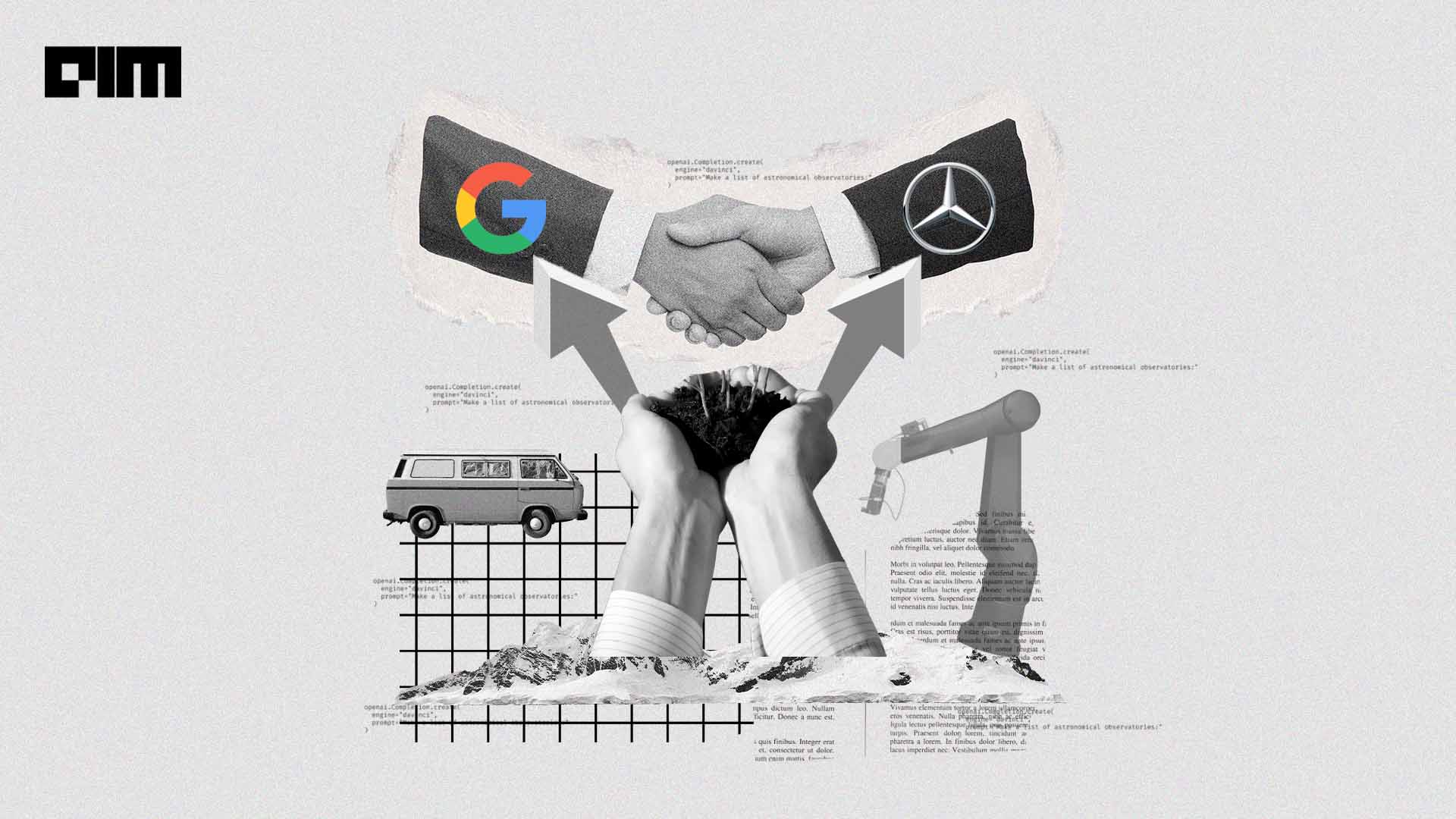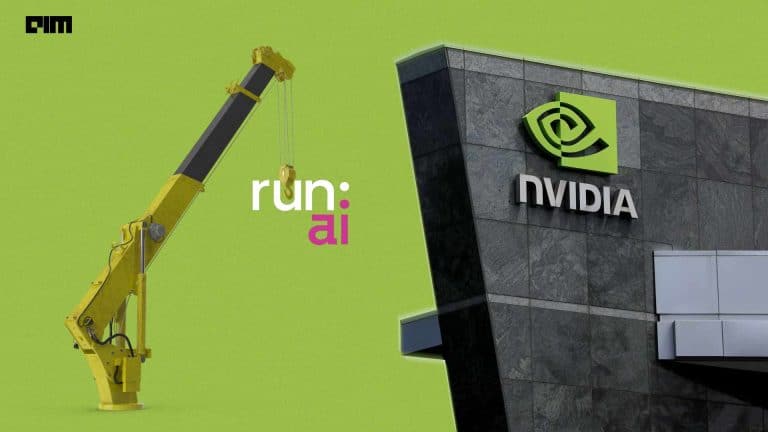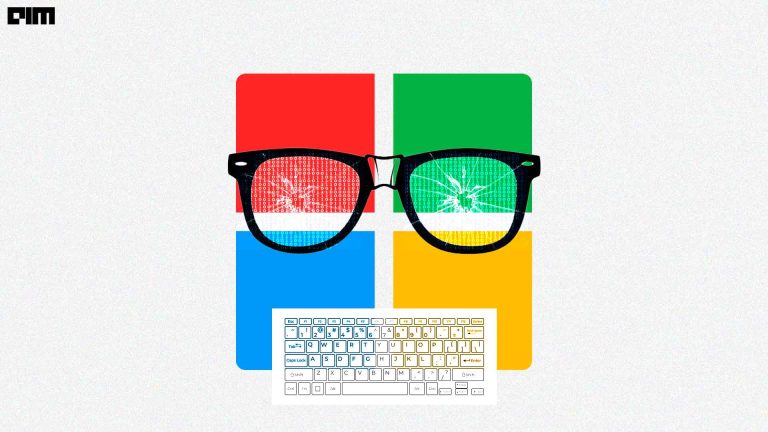|
Listen to this story
|
With Google’s recent partnership with Mercedes-Benz, a “next-generation navigation experience” is not too far away. In this deal, Google Maps will provide geospatial data and navigation capabilities for the car manufacturer, while Mercedes-Benz will use Google Cloud’s AI and machine learning capabilities to create, train and deploy AI models at speed. This will enhance customer experience, alongside building faster and more efficient data processing platforms to analyse fleet data. Additionally, it also plans to leverage Google’s open infrastructure to secure and scale from on-prem to the edge to the cloud, across its technology ecosystem.
Google chief Sundar Pichai said that the company will provide AI and data capabilities to accelerate their sustainability efforts, advance autonomous driving, and create an enhanced customer experience. The tech giant’s association with Mercedes-Benz should not be construed as a mere attempt to work in the infotainment or navigation space alone, but rather slowly build its way as a crucial player in the AI automotive space.
Mercedes has been making waves in the autonomous driving space with SAE Level 3 powered by the NVIDIA Drive platform, making it the first automaker in the US to receive this level ahead of Tesla, which is still in the Level 2 autonomy.
Google’s efforts to create an AI niche in the autonomous driving segment has been brewing for quite some time. It is going through a series of collaborations with leading automobile companies, and Mercedes is not the first that will help Google achieve this.
In November 2022, Renault Group and Google announced a partnership to build a ‘software-defined vehicle’. SDV is meant to combine the automotive technology and software capabilities of Google to build on the existing Android Automotive OS. Google was also named the preferred cloud supplier for Renault Group, where the Google Cloud technology would be employed for data capture and analytics.
In 2021, Google collaborated with Ford, where the team has been using Google Cloud, Android and Google AI to help Ford transform its business and build automotive technologies.
Automobiles Powered by Cloud
The partial exclusivity of Google in the software segment of automobiles is an added advantage. Some of the big brands where Google applications are built are Volvo, GMC, Chevrolet, Polestar, Cadillac, and Honda.
Google’s Android Auto, an application that mirrors an android device onto a car’s entertainment unit, has been Google’s established software dominance over automobiles. Launched in 2015, Android Auto is part of Open Automotive Alliance, an association of auto manufacturers and tech companies to promote Android in vehicles. Android Auto is available in 46 countries and supports over 500 models. The only counterpart to Android Auto is Apple’s CarPlay. And though it has similar features, it is not superior to Android Auto. The make-or-break deal is Google Map’s edge over Apple Maps.
But, Google is not alone, both Amazon and Microsoft have been partnering with automotive companies to leverage their technologies. In October 2022, BMW partnered with Amazon, integrating AWS cloud computing in their systems. Similar to Google, Amazon is developing software-defined vehicles integrating AWS, which would help towards building mobility solutions for autonomous vehicles. Amazon is also working with car manufacturer Stellantis, makers of brands Alfa Romeo, Chrysler and Jeep.

Microsoft has also tied up with automobile companies like Volkswagen to provide their cloud solution, Azure. In 2017, Microsoft had tied up with Tata Motors.
Self-Driving Ambitions
According to McKinsey research, the autonomous driving segment is said to generate $300 to $400 billion revenue by 2035. By 2030, 12% of the passenger vehicles sold will have L3+ technologies. This is an indication to how AI and ML tools will be widely adopted in the automotive sector in the coming years. By the way, Google was one of the first few technology companies to ambitiously take up self-driving car projects. The project, which was renamed ‘Waymo‘, first took shape in 2009, and launched as the 4th generation Waymo Driver (Chrysler Pacifica minivan) ten years later. In 2021, the 5th generation Waymo Driver was launched (electric Jaguar I-PACE), and it probably was as far as Google went as a manufacturer of autonomous vehicles.
Waymo has been functioning as a ride-hailing service, and though fraught with technical problems, Google is still pushing updates to its self-driving segment.
Waymo also signed a partnership with Uber in June 2022 to deploy autonomous trucks on the Uber Freight network. However, the company has held on to its aggressive expansion plans for Waymo. However, as part of the recent layoffs at Google, Waymo employees were given the pink slip. There were also claims that the company will hold back expansion on its autonomous trucks ‘Via’. Having spent over 12 years in a self-driving project, Waymo is still far from making profits.
With Waymo’s growth trajectory, it is practical for Google to continue to prioritise developing their software solutions which can be implemented in the automotive sector, as opposed to the conventional method of investing in building autonomous cars. Google’s latest partnership with the luxury carmaker is a step towards software dominance in the automobile sector, and in farsight probably paves the way for autonomous driving and take on other biggies of AI in the automotive space.
Though there are other cloud contenders in the automotive space, Google has a clear edge over them. Having already entered the autonomous driving segment with its flagship driverless cars, Google is ahead in the AI automotive space.



















































































